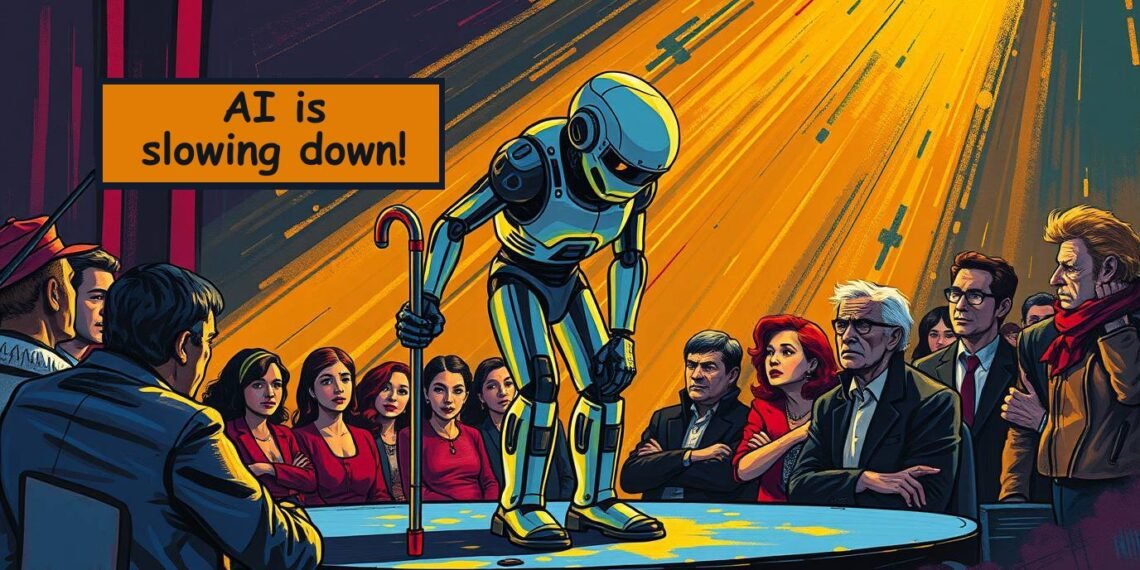The latest developments in artificial intelligence seem to reflect more subtle advancements rather than dramatic breakthroughs. OpenAI has introduced GPT-5, two years following the launch of GPT-4, which had previously elevated ChatGPT’s status. However, rather than showcasing considerable improvements, GPT-5’s performance appears to be on par with other leading AI systems, indicating an urgent need for new methods to achieve greater intelligence in AI technologies.
According to OpenAI, GPT-5 represents a significant advancement over earlier versions, showing progress in areas like programming and mathematics, along with a decreased likelihood of generating incorrect information. Internal tests suggest that GPT-5 matches or exceeds human experts in many areas; nevertheless, feedback from the public indicates that its performance does not significantly outshine top models from competitors such as Anthropic and Google, and many users express disappointment in its responses to basic queries. Experts like Mirella Lapata from the University of Edinburgh see the improvements as incremental. The lack of transparency regarding GPT-5’s internal assessments raises questions about its claimed superiority and fosters skepticism about its connections to academic qualifications.
While there have been improvements in routing efficiency, there are concerns regarding the long-term feasibility of these strategies considering the high costs of infrastructure. GPT-5 offers notable affordability compared to its rivals, but this pricing strategy raises sustainability questions if operational expenses remain unaddressed. As competition among key AI players heightens, the race for market dominance becomes increasingly urgent, acknowledging that success might be fleeting.
The ainewsarticles.com article you just read is a brief synopsis; the original article can be found here: Read the Full Article…





